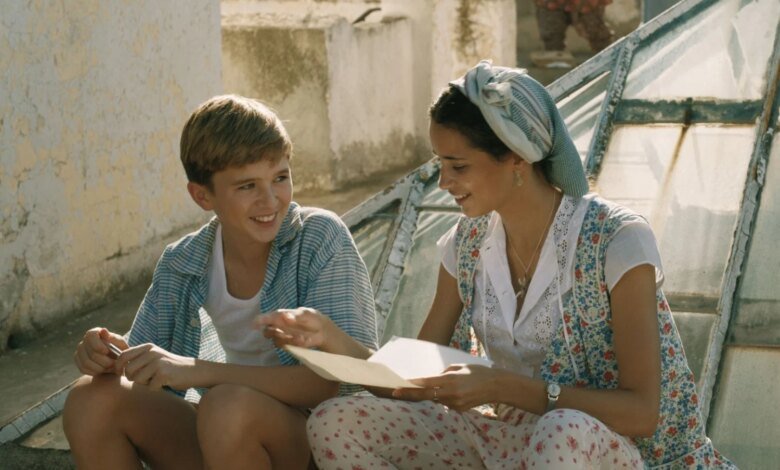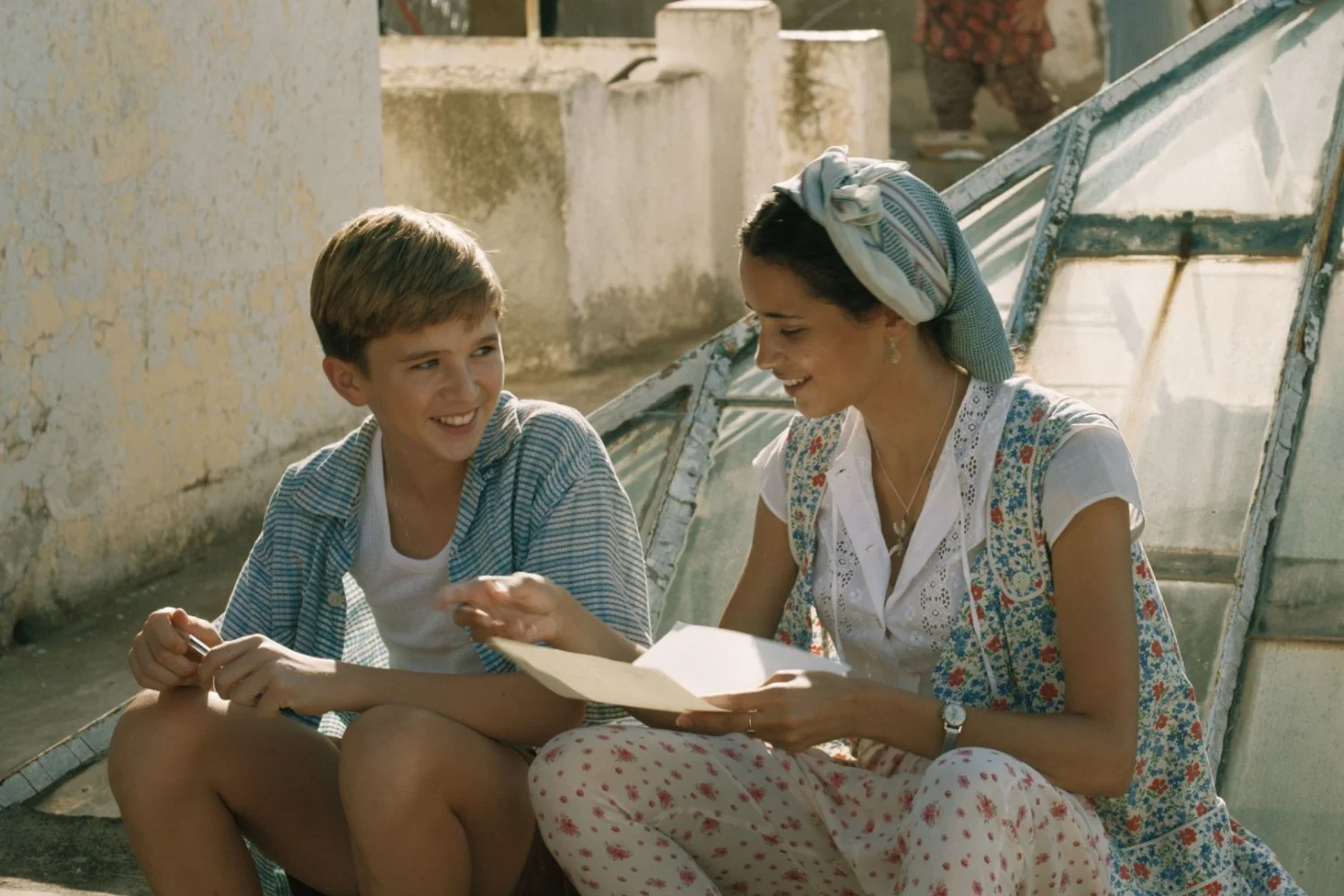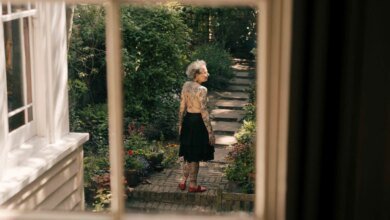Once Upon a Time in Algeria ★★★ — Jewish Renaissance


This romanticised vision is forgivable as it is, after all, a child’s perspective. The film itself acknowledges this, framing the story through two interweaving timelines. The first is set during the protagonist’s youth; the second decades later when he returns to Algiers as a man. He is now an internationally renowned film director and has returned to the country to screen his latest movie. This all becomes quite meta, as the film he is premiering is called Le Petit Blond de la Casbah. It leads to a self-congratulatory finale in which Arcady imagines himself receiving an adoring ovation, declaring on stage that his love for Algeria is reciprocated. It’s an awkward and mawkish moment.
That’s not to say that the more complex and challenging elements of history are ignored. On the contrary, as the Algerian War of Independence intensifies, the film is unflinching in its portrayal of the brutality and violence that ensued. Civilians are gunned down in the street and blown up at cafes; French paratroopers hurl racial slurs as they fruitlessly pursue their quarry through the labyrinthine alleyways of the Casbah; the protagonist’s father fills syringes full of acid at the dinner table to protect them all from a potential pogrom. The family’s final escape aboard a ship is heartbreakingly sad. Dinah breaks down on the quayside at the thought of leaving her deceased mother’s body alone in the cemetery.
Whilst the narrative of Once Upon a Time in Algeria is somewhat meandering, it makes up for it with a series of wonderfully observed vignettes of Jewish life in a North African country. It is a profoundly sweet and heartfelt film, made with a great deal of love and affection for a lost community and a lost world.
By Barney Pell Scholes
Once Upon a Time in Algeria is out now.




